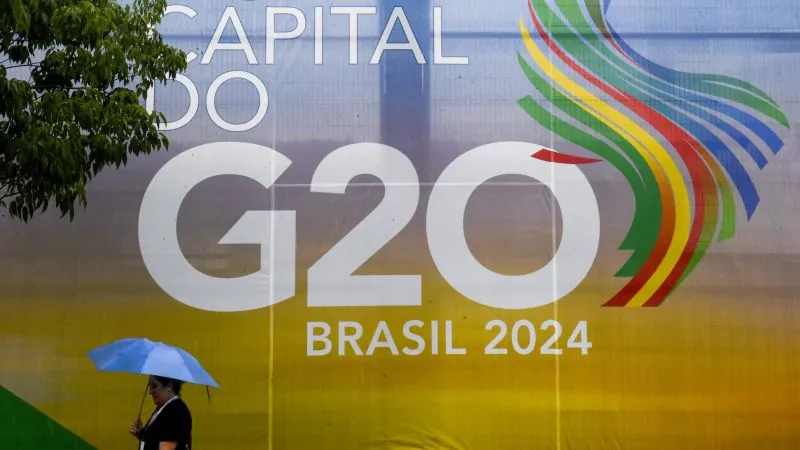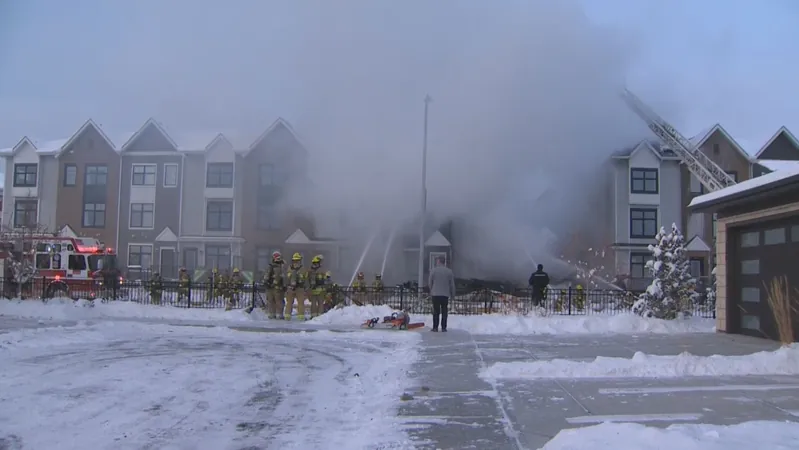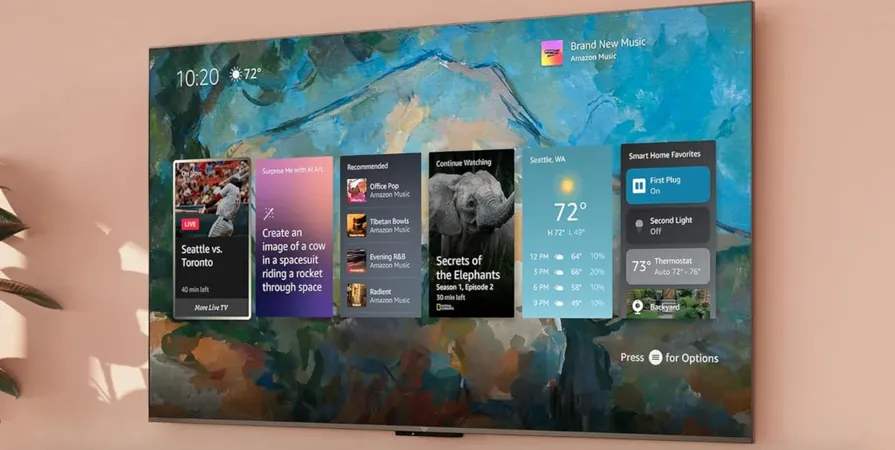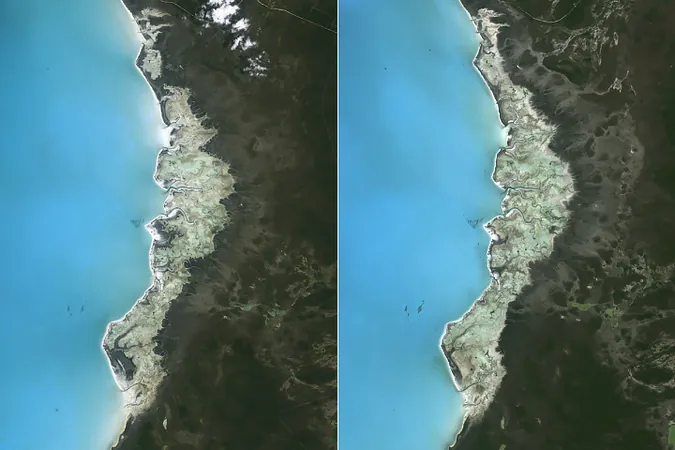
The Trump Effect: How Former President’s Influence is Shaking Up the G20 Summit
2024-11-18
Author: Charlotte
The Trump Effect: How Former President’s Influence is Shaking Up the G20 Summit
As the G20 talks kick off this week in South America, the influence of Donald Trump is already creating ripples of drama among world leaders. This tension was particularly highlighted by Argentine President Javier Milei, who has been vocal about his intentions to block a joint leaders' statement. His resistance is interpreted as a strategic move to align with Trump's burgeoning administration, which has yet to officially take power.
Last week, Milei made headlines as the first global leader to meet Trump face-to-face since his election victory. During discussions, he raised concerns over the final communique, specifically regarding language on issues such as ultra-wealth taxation and gender matters—both topics previously agreed upon by Argentina over the summer. This backtrack has left diplomats puzzled and painted Milei as a figure eager to seek favor from Trump before his official inauguration.
This incident is emblematic of the broader atmosphere at ongoing world leader summits, where President Joe Biden's endeavors to assert American leadership are overshadowed by a gaze that seems to be increasingly focused on Trump. Biden's attempts to engage with leaders from Japan, South Korea, and Peru have not veered towards Trump, but whispers of Trump's influence were palpable, especially during Chinese President Xi Jinping’s comments on fostering cooperation with the "new" U.S. administration.
Meanwhile, Trump’s recent Cabinet appointments, such as Tulsi Gabbard for intelligence and Pete Hegseth for the Pentagon, were hot topics among delegates at the APEC summit in Peru. This shift in U.S. leadership has left many leaders speculating about future dynamics and the potential revival of alliances reminiscent of Trump's first term.
As the atmosphere thickens with speculation about the upcoming administration, leaders are keenly attuned to signals being sent—even through the contentious negotiations of the G20. Milei's bold stance is seen as an attempt to create alliances with like-minded leaders, indicating a possible resurgence of the combative diplomatic style that characterized much of Trump's previous presidency.
Brazilian officials have been working tirelessly to mediate differences and preserve a united front ahead of the summit's commencement. However, the tensions surrounding Milei's position hint that the contentious negotiations and divisions of the past may be looming on the horizon once more.
As Biden prepares to make announcements related to climate action and global poverty initiatives, there is a palpable sense of urgency among global leaders regarding the impending transition of power in the U.S. With looming concerns over Trump’s potential withdrawal from pivotal agreements, such as the Paris Accord, many fear that Milei and other leaders may echo these sentiments, sowing further discord within the international community.
In a recent statement, Biden acknowledged the limited time remaining in his presidency and emphasized his intention to leave a solid groundwork for his successor. However, with Trump’s shadow hovering, many are left to wonder how the landscape of global politics will shift in the wake of his return.
The vibe leading up to this G20 summit suggests that we might witness a return to polarizing ideologies and contentious dialogues—perhaps reminiscent of the previous administration's tumultuous international relations. Only time will tell how these developments shape the future of global diplomacy in the coming years.









 Brasil (PT)
Brasil (PT)
 Canada (EN)
Canada (EN)
 Chile (ES)
Chile (ES)
 España (ES)
España (ES)
 France (FR)
France (FR)
 Hong Kong (EN)
Hong Kong (EN)
 Italia (IT)
Italia (IT)
 日本 (JA)
日本 (JA)
 Magyarország (HU)
Magyarország (HU)
 Norge (NO)
Norge (NO)
 Polska (PL)
Polska (PL)
 Schweiz (DE)
Schweiz (DE)
 Singapore (EN)
Singapore (EN)
 Sverige (SV)
Sverige (SV)
 Suomi (FI)
Suomi (FI)
 Türkiye (TR)
Türkiye (TR)